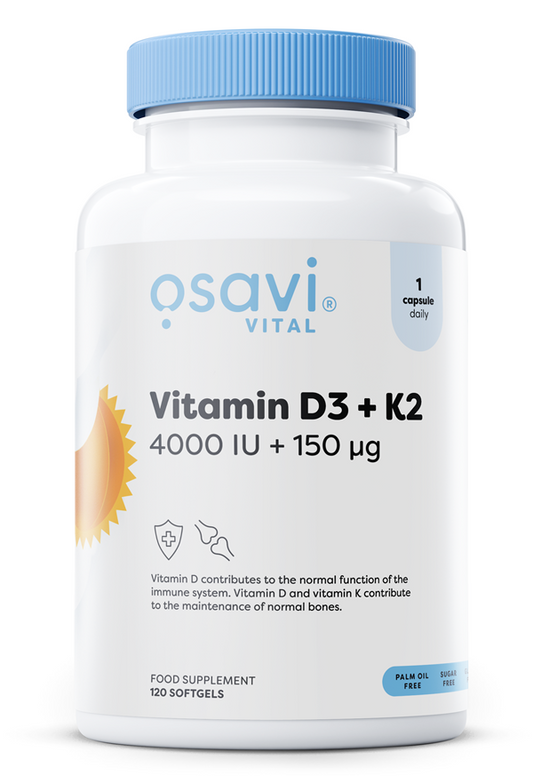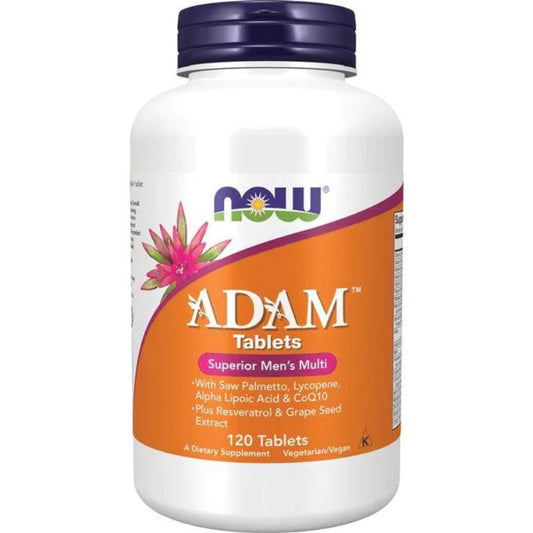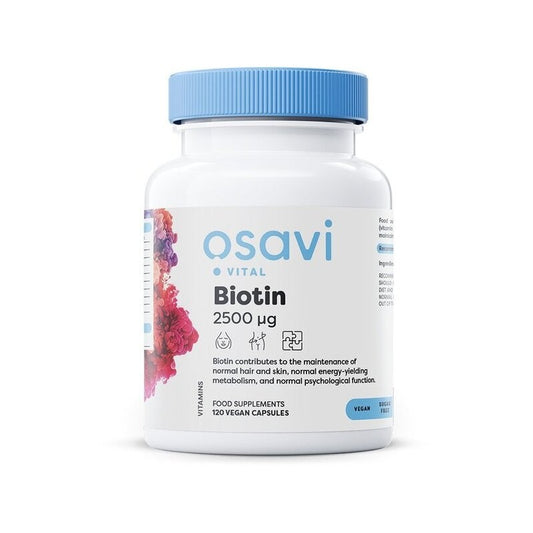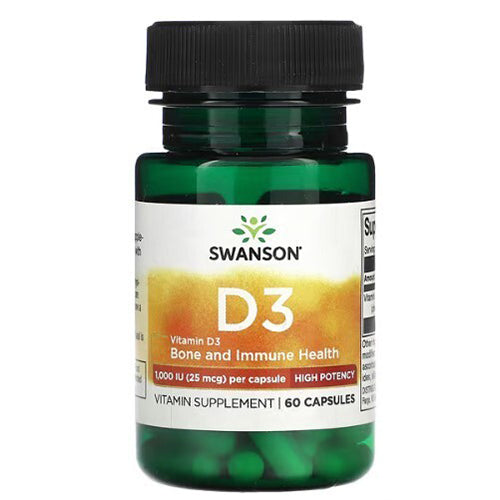
Collagen: The Structural Protein That Supports Skin, Joints, and Bones
Jakub SkibaCollagen is the most abundant protein in the human body, making up roughly one-third of total protein. Often referred to as the “glue” that holds your body together, collagen provides structure and strength to the skin, bones, tendons, ligaments, cartilage, and other connective tissues. Your body naturally produces collagen, but production gradually declines with age, usually starting in your mid-20s. Lifestyle factors such as sun exposure, smoking, poor diet, and chronic stress can accelerate this decline. Supporting collagen through nutrition and supplements can help maintain its structural role, keeping your skin, joints, and bones functioning well over time.
This guide explains what collagen is, its functions, types, factors that affect production, dietary sources, supplementation, and how to support your collagen levels safely.
Functions of Collagen in the Body
Collagen plays multiple roles, including:
-
Skin Support: Provides elasticity and firmness for smoother, more resilient skin.
-
Joint Health: Cushions joints and supports flexibility.
-
Bone Strength: Contributes to the structure and durability of bones.
-
Tendons and Ligaments: Supports movement and helps maintain connective tissue integrity.
-
Tissue Repair: Forms scaffolding necessary for recovery after minor injuries.
-
Gut Support: Certain types of collagen support the lining of the digestive tract.
Types of Collagen
There are at least 28 types of collagen, but the majority in the human body come from five key types:
-
Type I: Skin, bones, tendons, ligaments – provides strength and resilience.
-
Type II: Cartilage – supports joint structure.
-
Type III: Found with Type I in skin and organs – adds flexibility.
-
Type IV: Basement membranes – supports skin layers and organs.
-
Type V: Corneas, hair, and placenta – supports cell surfaces.
Most supplements include Types I, II, or III from bovine (cow), marine (fish), or chicken sources.
Recommended Daily Collagen Intake
|
Age / Life Stage |
Suggested Daily Collagen Intake (g/day) |
|
Adults (18–30) |
2.5–5 g |
|
Adults (31–50) |
5–10 g |
|
Adults (51+) |
5–10 g |
|
Pregnant or Breastfeeding Women |
5–10 g* |
*Consult your healthcare provider before supplementing during pregnancy or lactation.
Factors That Affect Collagen Production
Collagen synthesis relies on amino acids (glycine, proline, hydroxyproline) and key nutrients:
-
Vitamin C: Essential for collagen formation.
-
Zinc: Supports structural stability.
-
Copper: Helps form collagen cross-links.
-
Protein: Supplies building blocks for collagen.
Production can be negatively affected by:
-
Smoking
-
Excess sun exposure (UV radiation)
-
High sugar intake
-
Chronic stress
Best Food Sources for Collagen Support
While collagen itself is mainly found in animal products, several foods help your body maintain or support collagen levels:
Collagen-Rich Animal Foods:
-
Bone broth
-
Chicken skin and cartilage
-
Fish skin and scales
-
Gelatin
Collagen-Supporting Nutrients:
-
Vitamin C: Citrus fruits, strawberries, bell peppers, broccoli
-
Zinc: Shellfish, beef, pumpkin seeds, lentils
-
Copper: Organ meats, sesame seeds, cashews, mushrooms
-
Protein: Eggs, dairy, legumes, tofu, lean meats
Collagen Supplements
Hydrolyzed collagen peptides are popular supplements that may help support skin, joint, and bone health. Research indicates that consistent use may:
-
Support skin elasticity and hydration (Type I collagen)
-
Help maintain joint comfort and flexibility (Type II collagen)
-
Contribute to bone health alongside resistance training
Typical doses range from 2.5–10 grams daily, with results often observed after 8–12 weeks. For best absorption, collagen can be taken with vitamin C or on an empty stomach.
Safety and Considerations
Collagen supplements are generally safe when used as directed. Possible side effects are mild and may include:
-
Digestive upset (bloating, nausea)
-
Allergic reactions (especially with fish- or shellfish-derived collagen)
-
Unpleasant taste or aftertaste
Most studies use less than 15 grams per day. Individuals who are pregnant, breastfeeding, or taking medications should consult a healthcare provider before supplementing.
Signs You May Benefit from Collagen Support
While there is no clinical test for collagen levels, reduced collagen may be indicated by:
-
Fine lines and sagging skin
-
Joint discomfort or stiffness
-
Slower tissue repair
-
Brittle nails or thinning hair
-
Bone fragility
Supporting collagen with diet, lifestyle, and supplementation may help maintain healthy skin, joints, and connective tissue over time.
Key Takeaways
-
Collagen is the most abundant protein in the body, essential for skin, joints, bones, and connective tissue.
-
Types I, II, and III are most relevant for human health.
-
Collagen production declines with age, stress, sun exposure, and poor nutrition.
-
Bone broth, fish skin, gelatin, and nutrient-rich foods like vitamin C, zinc, and copper help support collagen.
-
Supplements may support skin and joint health, but results require consistent use.










